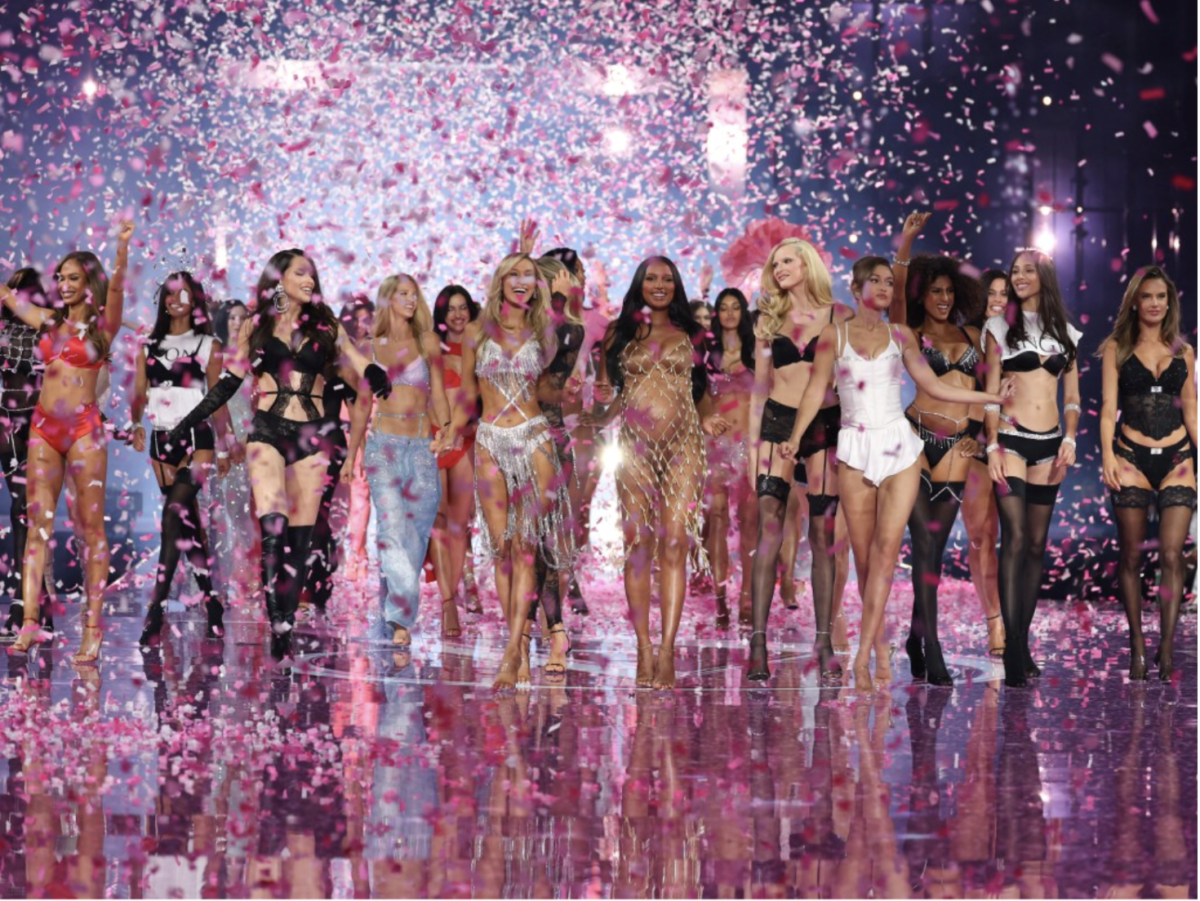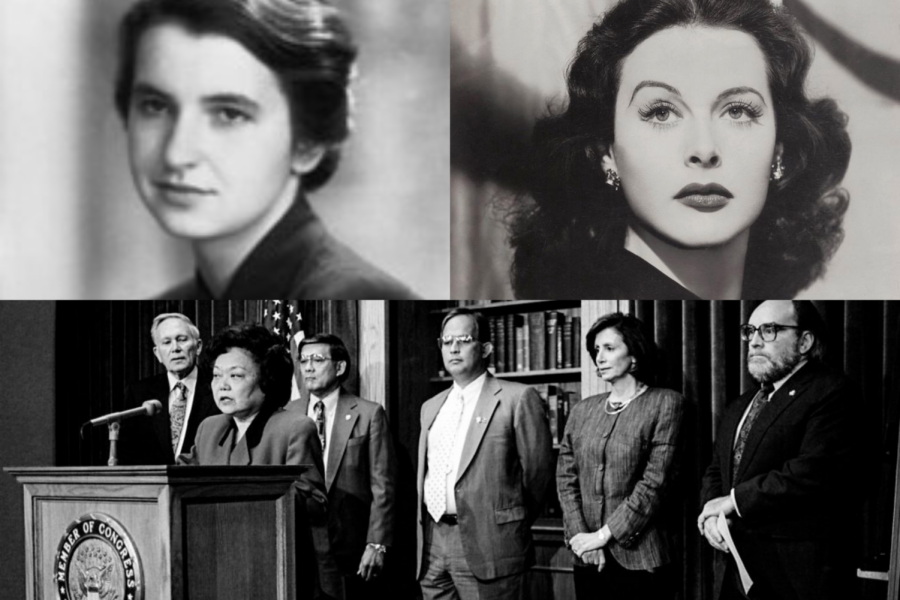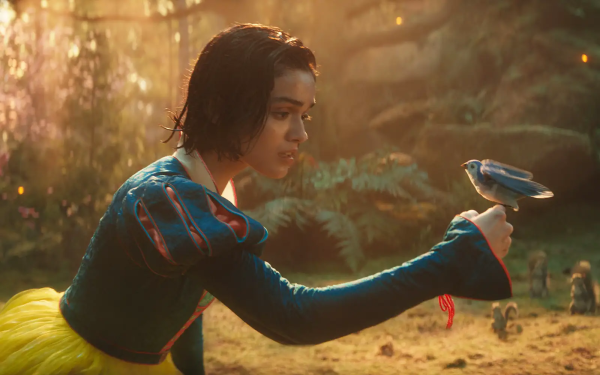Women who impacted history
These six women are only a few of those who used their minds, creativity, and ambition to shape the world we know today.
When someone asks to name a person that changed the course of history, who comes to mind? Is it George Washington? Albert Einstein? Martin Luther King Jr.?
What about Hedy Lamarr? Rosalind Franklin?
Women. Women have contributed to the course of history but are often overlooked.
Christine Audia, a sophomore at Hills, said “I wish more light was shed upon [women]…. I know they existed but they just probably weren’t documented.”
Women’s History Month in March is dedicated to honoring women of the past, present, and future across the globe. In honor of Women’s History Month, read below about six influential women from throughout history:
Hedy Lamarr (1914-2000)
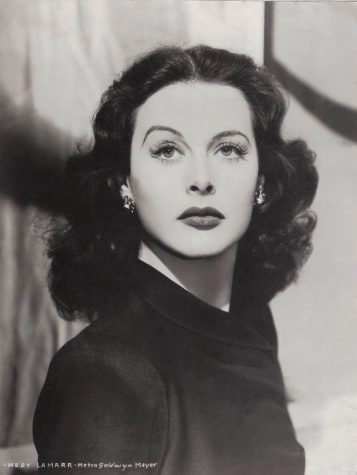
As an American actor, Lamarr was known for her beauty and films. However, Lamarr was gifted with an innovative mind that led to her improving and creating many things in her lifetime. Probably her most impactful and lasting contribution, though, is her role in the creation of WiFi.
As the threat of World War II increased, Lamarr and George Antheil invented a new way to communicate with frequencies coming from transmitters and receivers. This was meant to be used as a way to direct torpedoes to their designated targets. With this, the basis for WiFi was born.
Rosalind Franklin (1920-1958)
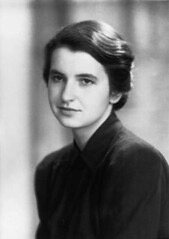
James Watson and Francis Crick are the two male scientists credited with discovering the structure of deoxyribonucleic acid (DNA). However, Franklin took pivotal pictures that displayed DNA’s double helix shape. These pictures allowed the male scientists to conclude and create a model of DNA that would allow them to obtain a Nobel Prize.
Franklin, other than her huge contributions to the discovery of DNA, also studied and created models of viruses for the Brussels World’s Science Fair.
Amelia Bloomer (1818-1894)
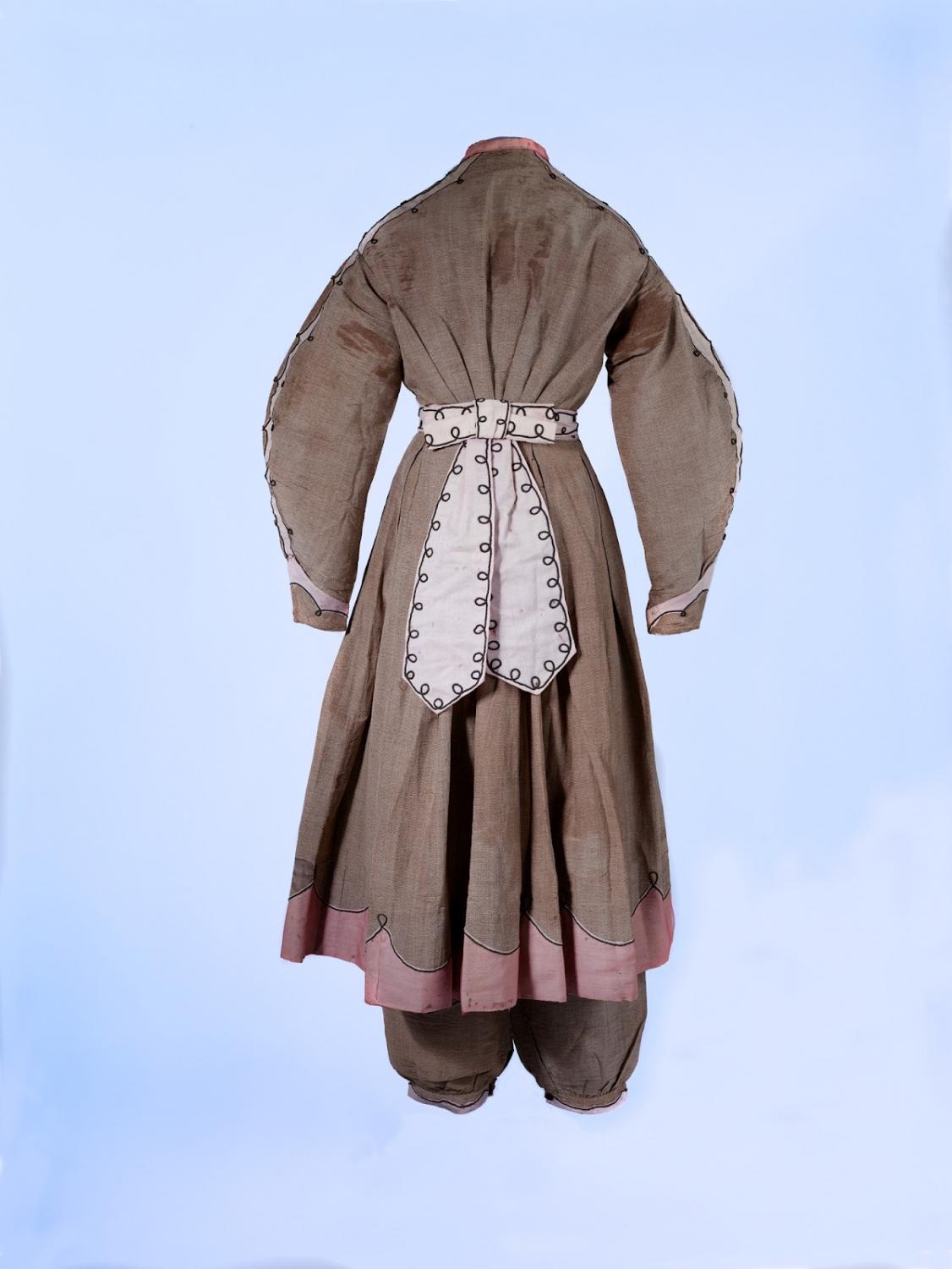
An example of pantaloons which Amelia Bloomer advocated for.
Bloomer actively supported women’s rights and the temperance movement. Through writing, she addressed multiple societal reforms. While she participated in a variety of different social reforms, her opinions on fashion, specifically dress reform, are one of her most notable contributions to history.
Bloomer insisted women wear a different dress called pantaloons, in contrast to contemporary women’s clothing that was potentially harmful such as the tightness of corsets. These new dresses both demonstrated a change in fashion and a symbol of activism in the women’s rights movement.
Sylvia Rivera (1951-2002)

A friend of Marsha P. Johnson, Rivera was a Latina-American activist known for her contributions to the LGBTQ+ rights movement. Throughout her life, Rivera fought for transgender and gay rights. She founded and participated in multiple organizations to support the goal of the movement.
One group Rivera co-founded with Johnson had the goal to provide aid to homeless transgender women. This group also fought for transgender inclusion in bills such as the Sexual Orientation Non-Discrimination Act, which protected people from discrimination based on their actual or perceived sexual orientation.
Rivera’s impact and legacy are shown through the naming of the Sylvia Rivera Law Project that provides a way to protect the rights of the LGBTQ+ community.
Madam C. J. Walker (1867-1919)
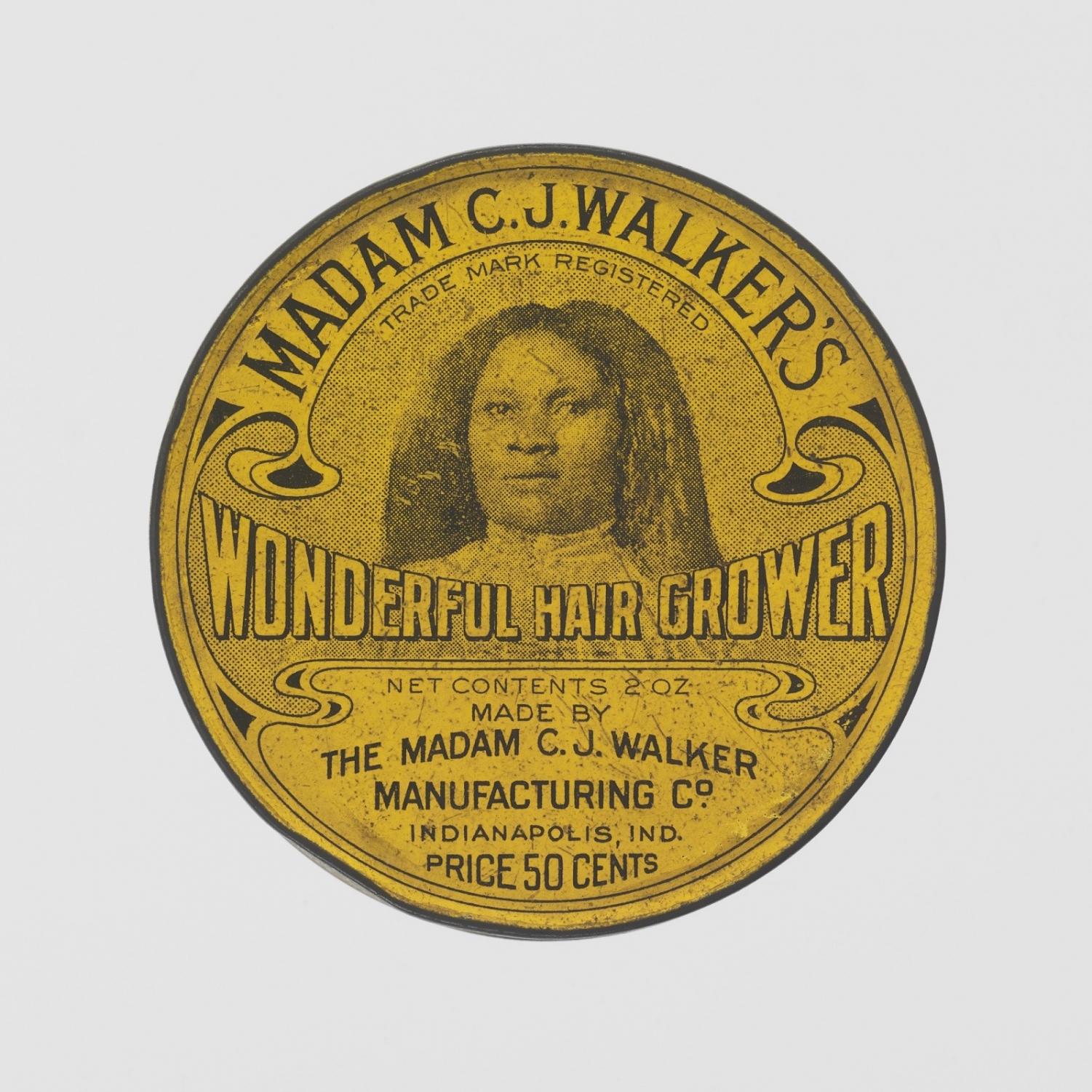
After making millions by selling hair products, Walker became the first Black millionaire in the United States. Although Walker faced challenges throughout her life, they played a pivotal role in the creation of the Walker System that allowed her to become a millionaire.
An unknown scalp disorder caused her to lose a lot of her hair, but this helped Walker develop her passion to create hair products for Black hair. The Walker System’s items were made from hand, and she gained a devoted clientele that would make her business prosper.
While she was a successful business owner, Walker also was known for promoting women’s skills and donating to many charities.
Patsy Mink (1927-2002)
As a politician, Mink broke barriers and accomplished many feats. A couple of years after her home state Hawaii became an official state, Mink made history by being the first Asian American congresswoman and first woman of color in the U.S. House of Representatives. Mink also became a candidate for president, being the first Asian American woman to run in history.
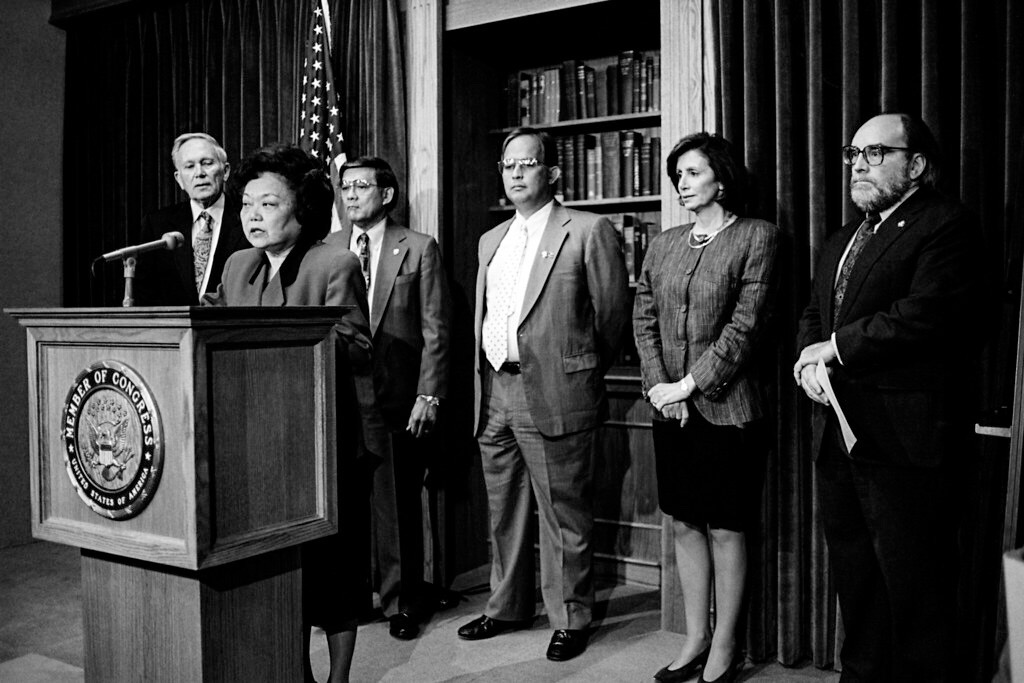
Patsy Mink.
While in office, Mink advocated for social reforms and justice such as affordable healthcare, racial equality, and gender equality. For example, she wrote and supported Title IX, which prevented discrimination based on gender in education, and participated in many committees to spread awareness for marginalized and oppressed communities.
“As a female, I think that schools should be teaching more women’s history,” Riley Solomon, Hills junior and founder of the Montvale Diversity and Inclusion Committee, stated. “Not just during women’s history month, but in general.”
Women have influenced, molded, and helped create the modern world. These six women are only a few of those who used their minds, creativity, and ambition to shape the world.
Solomon emphasized how learning about women from different fields “is something really important, especially for young girls, to see that they can do anything and they will be acknowledged rightfully for it.”
Sources:
Women’s History
New Scientist
Legacy Project Chicago
History.com

Sabrina Moe is a Hills senior. She joined the Trailblazer her sophomore year as a staff writer and edited for the In-Depth section her junior year. This year, Moe is eager to edit for the College Corner section and to manage college news among the Hills community.
Fun fact: Moe enjoys listening to various genres of music, especially music from the early 2010s.


































